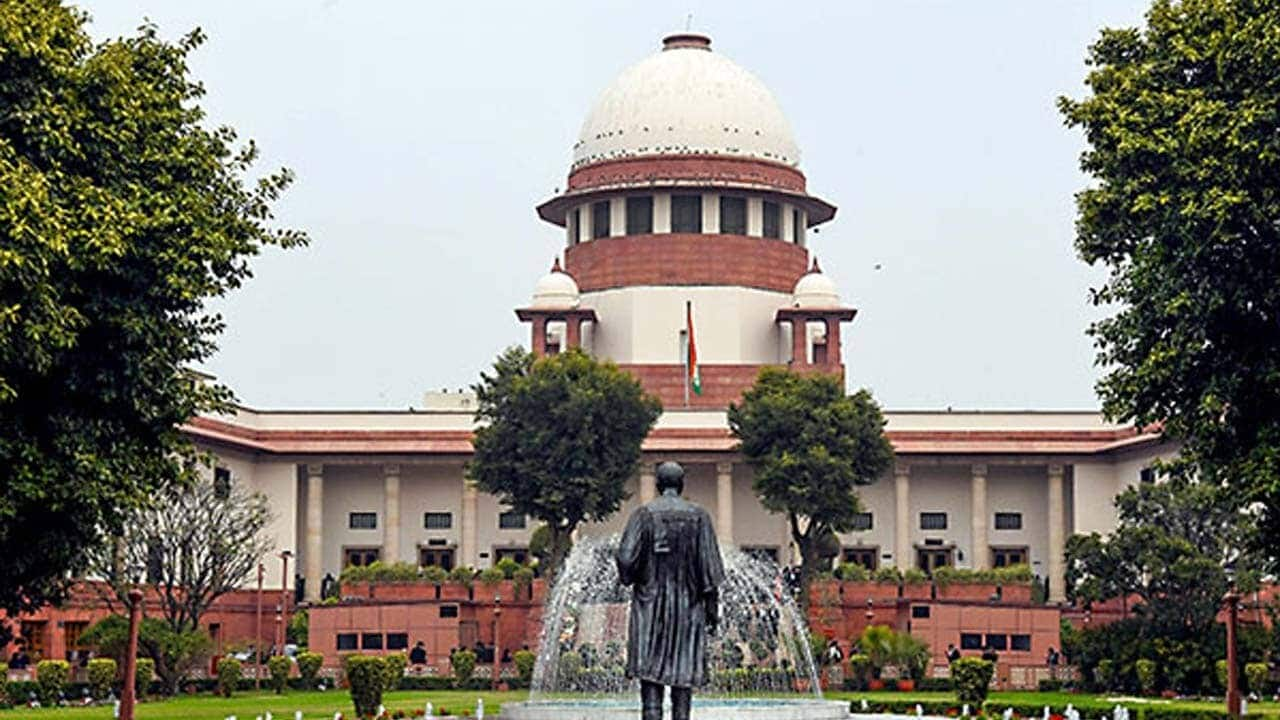
Visually impaired people can become judges, rules Supreme Court
What's the story
In a landmark verdict, India's Supreme Court has done away with a rule that barred visually impaired persons from becoming judges in Madhya Pradesh.
The ruling strikes down Rule 6A of the Madhya Pradesh Judicial Services (Recruitment and Service Conditions) Rules, 1994, which had previously disqualified visually impaired candidates from being appointed as judges.
The bench stressed that "no one should be excluded from judicial service merely because of visual impairment."
Historic verdict
Landmark judgment for inclusion in judiciary
The judgment was pronounced by a bench of Justice JB Pardiwala and Justice R Mahadevan.
"This is a landmark judgment. I am unable to restrain myself from saying so in open court," Justice Pardiwala said.
The case stemmed from a letter by a mother of a visually impaired child who wanted to join the judiciary to then Chief Justice DY Chandrachud in March 2024, which was converted into public interest litigation.
Recruitment guidelines
Court issues directions for recruitment of disabled individuals
Notably, in November 2024, the Supreme Court issued general directions for the recruitment of persons with benchmark disabilities in judicial services.
The directions included provisions for separate cut-offs for different disabilities, including blindness and low vision.
The court's decision is in line with previous rulings that allowed visually impaired persons to become judges in Tamil Nadu and Rajasthan.
Inclusive framework
Rules of the Madhya Pradesh Services Examination
The Supreme Court also set aside certain rules of the Madhya Pradesh Services Examination (Recruitment and Conditions of Service) norms 1994 that prohibited visually challenged and low-vision candidates from joining the judicial service.
According to the judgment, PWD (persons with disabilities) candidates who participated in the selection process are entitled to be considered for judicial service selection, and they can be assigned to vacant positions if they are otherwise qualified.